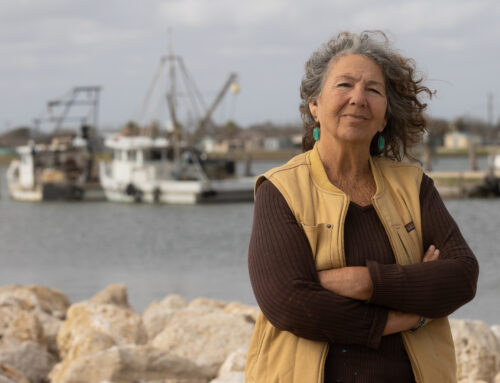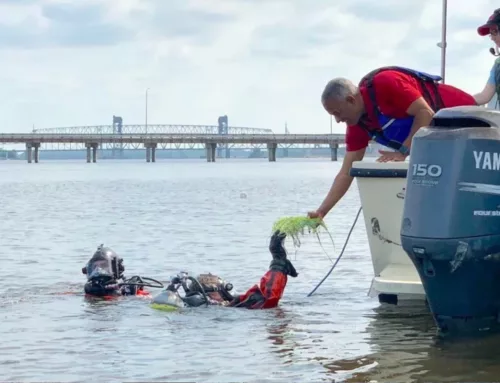Gloria Reuben is the president of Waterkeeper Alliance, a global advocacy group network that protects the world’s waters. She brings attention to the impacts of factory farming on environmental justice. The way food is currently being produced is wreaking havoc on ecosystems and on people’s livelihoods. This is particularly true for animal agriculture, with concentrated animal feeding operations being the most damaging. In the United States, waste and discharge from these farms are largely unregulated, leading to pollution of both water and air. This has catastrophic downstream effects as drinking water becomes contaminated and river ecosystems and fisheries collapse, resulting in economic losses that cost billions annually to repair this damage. Additionally, pathogen-filled water and polluted air poses public health risks, predominantly in the form of respiratory disease and infection. This issue is also an example of environmental racism, as these farms are predominantly located in rural locations near communities of color, whose health will be negatively impacted the most. To combat this social and ecological issue, Reuben urges for proper enforcement of existing legislation like the Clean Water Act and passing of new legislations like the Farm Reform Act in order to transition away from these harmful practices towards sustainable food production by legitimately independent actors. Furthermore, those who can, are encouraged to avoid buying from companies that perpetuate this devastating factory farming system.
Photo Credit: Vuk Valcic/Sopa Images/Lightrocket via Getty Images







